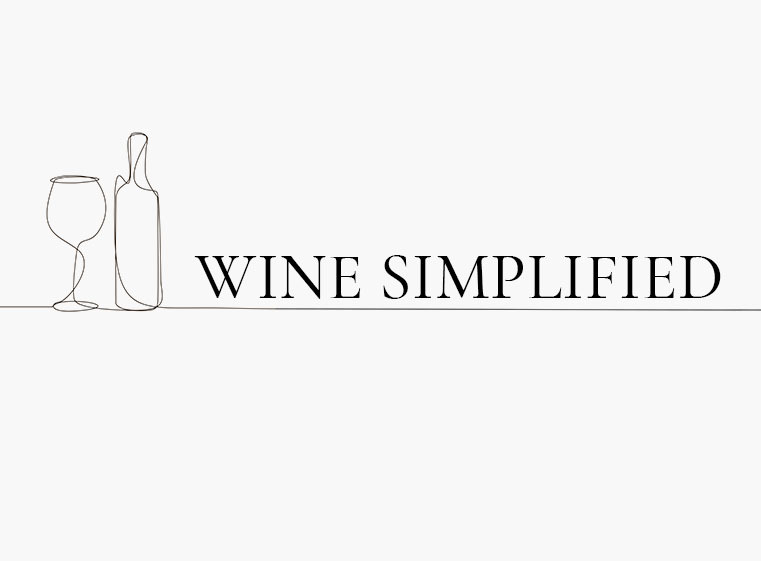There are 2 types of finished wines.
Wine Term(s): Filtered and Unfiltered
No one or the other is better, they are a stylistic choice by the winemakers in modern times.
Historically speaking, wines always had to be filtered to remove potentially harmful bacteria, but due to modern winemaking practices and techniques, we now have an ever growing unfiltered wine market as that’s much less an issue nowadays (see: the ever expanding Natural Wine movement for one prime example).
Even filtered wines have particles in them, so filtered isn’t indicative of stripping everything out of the wine, as a filtered red wine wouldn’t be red anymore, it’d probably look more Rosé-like if it was fully filtered, and not taste like much.
Filtered wines take one pass to remove the yeasts, then a second pass to remove bacteria.
Unfortunately filtering out the bad also filters out the good, so there has to be some level of moderation in the filtering process to find the balance a winemaker is looking for. Too much filtering strips your flavors, not enough leaves debris that will accumulate more over time.
Unfiltered wine retains yeasts and grape debris, to different long-term results.
Unfiltered, or “cloudy” wines have pros and cons. If a winemaker is solid in his or hers wine being stable enough chemically, they can leave all the bits in for deeper flavors, additional flavor expressions, extended aging potential in cellar and extended life once opened due to the additional debris in the wine. If the wine however is unstable, it can cause secondary fermentations in bottle (making a wine unintentionally fizzy), or bacteria growth expansion (leading to a sulphuric taste). It is good to always remember that wine is very much alive, and in a chemical state between juice and vinegar. If you’re wine is highly stable and your winemaking skills polished, you don’t need to worry about keeping your wines unfiltered, as you can offer longer age potential, better, more depthful oxygen interaction, and an unparalleled experience.
As a note, mass-produced wines are generally always filtered to keep consistency from bottle to bottle and vintage to vintage, but sacrifice longer aging potential and fuller flavor profiles.
Smaller producers generally lean towards unfiltered stylings to really showcase their terroir, vintage, and have a more-natural final product.

